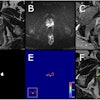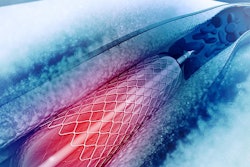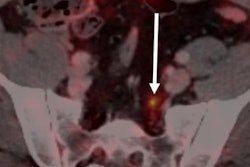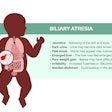Dear AuntMinnieEurope Member,
The lack of global dose reference levels for thrombectomy in acute ischemic stroke patients with large-vessel occlusions has prompted a French-led group of researchers to investigate how exactly they can drive down radiation dose in these procedures.
They've now reported their findings, and they make impressive reading. Go to the Digital X-Ray Community.
Brexit has dominated the first two-and-a-half years of Dr. Nicola Strickland's presidency at the U.K. Royal College of Radiologists (RCR), but in a bid to modernize the RCR, she's looking to implement a series of important changes over the coming months. She speaks about her plans in a video interview.
In Italy, women in their mid to late 40s have been invited to annual breast cancer screening since 2010, but what has been the impact on recall rates? Researchers have studied the data from 1.5 million mammograms acquired between 2011 and 2015. Visit the Women's Imaging Community.
Meanwhile, a Spanish group has used PET/MRI to detect signs of atherosclerotic disease and inflammation in arterial regions that had not yet developed plaques. The study findings could provide an early biomarker of future risk of heart attack and stroke. Head over to our Molecular Imaging Community.
PET/CT with the radiopharmaceutical gallium-68 (Ga-68) prostate-specific membrane antigen (PSMA) has become the gold standard for evaluating prostate cancer, but MRI also is used to evaluate this disease. A German group has compared the pros and cons of the two techniques.
Finally, don't miss expert analysis and commentary about the relatively slow adoption of enterprise IT in Europe from market columnist Stephen Holloway.



















